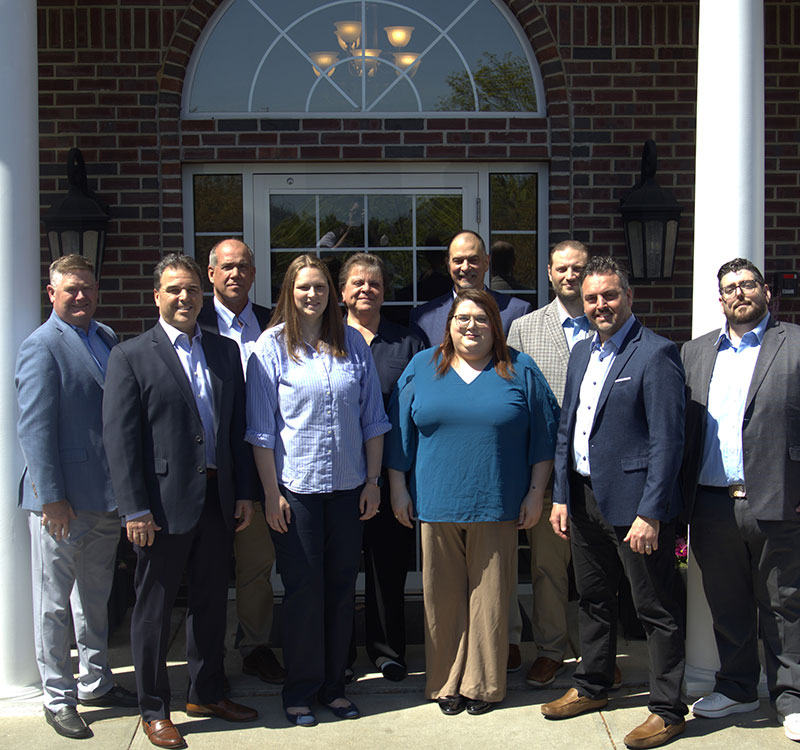Summary
Should you bundle your home and auto insurance? Get the clear answer. Learn how to save 10-25% and streamline claims, plus when splitting policies is the smarter move.
The question of whether to “bundle” insurance policies is one of the most common decisions homeowners and drivers face. Combining your homeowner’s (or renter’s) insurance with your auto policy is the most familiar piece of advice you’ll hear in the industry.
Most people save a significant amount of money and simplify their lives by combining policies with a single carrier.
But is bundling always the right choice?
Here is a breakdown of the savings, the undeniable benefits, and the rare occasions when splitting your policies might genuinely be the better financial move.
The Benefits of Bundling Policies
The reason agents and carriers love to recommend bundling is simple: it rewards loyalty and drastically simplifies risk management.
- The Immediate Financial Discount
The biggest draw is the savings. While the exact discount varies dramatically by carrier, location, and individual risk profile, most clients save an average of 10% to 25% on their total combined premium when insuring both their home and auto with the same carrier.
This is an immediate discount applied because the insurance company gains the advantage of carrying two major pieces of your risk portfolio instead of just one, making you a more valuable and stable client.
- A Streamlined Customer Experience
The administrative convenience of bundling policies can be a lifesaver, especially during stressful times.
- You have one dedicated agent or agency who understands your complete financial picture, including your home’s replacement cost, your vehicle usage, and your total personal assets.
- Managing two major policies with one company means one consolidated payment and fewer due dates to track, which reduces the possibility of an unintentional lapse in coverage.
- In a catastrophic event, such as a severe storm or a falling tree that damages both your house and your vehicle, you only need to deal with one claims department and one adjuster, accelerating the entire resolution process.
- Fewer Coverage Gaps and Increased Liability Protection
When you purchase policies from two different companies, it’s easier for liability gaps to open up. Bundling helps your agent ensure:
- Consistent Liability: Your auto and home liability limits are uniform and adequately protect your total net worth.
- Umbrella Cohesion: If you purchase an Umbrella Policy (which is crucial for high-net-worth families), it must work with both your underlying auto and home limits. Bundling makes this alignment seamless and compliant.
When Splitting Policies Might Be Right
While bundling is the dominant and most cost-effective choice for the majority of people, there are a few scenarios where buying separate policies can be beneficial.
- Specialist Advantage
If your risk profile is highly unusual, a specialty carrier might offer superior coverage that outweighs a general bundle discount.
Example: A carrier that focuses specifically on collector vehicles or real estate investment may offer better rates and more robust coverage for that one complex item, even if you keep your daily driver and primary residence elsewhere.
- High-Risk Separation
If one policy item has a significant amount of risk, it can dramatically inflate the premium of the entire bundle.
Example: One person in your household has a recent major accident. Your existing carrier might price the auto policy so high that the resulting bundle cost is far more than finding a separate, non-standard auto carrier for the high-risk driver while maintaining a low-cost homeowner’s policy elsewhere.
Consult With GTM
For most clients, the decision to bundle is a financial no-brainer that offers savings, convenience, and better risk alignment. It’s the proven path to achieving the best overall value. If you think you may have a scenario that would warrant separate policies, we are here to help you do the math and find the solution that best protects your family and your finances. Call us today at 518-373-4111 or request a complimentary consultation.


